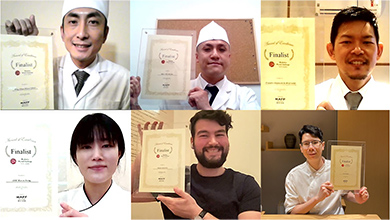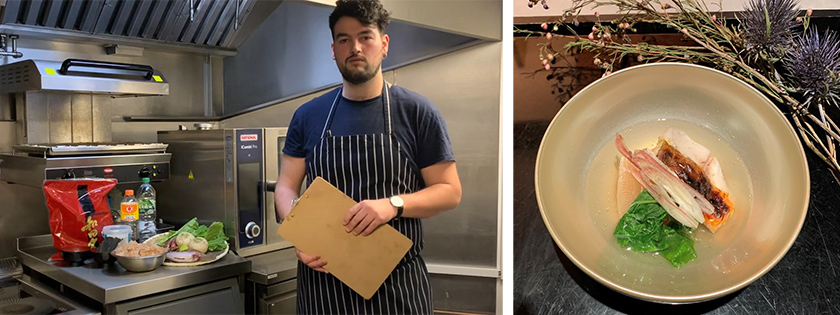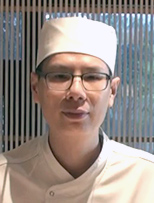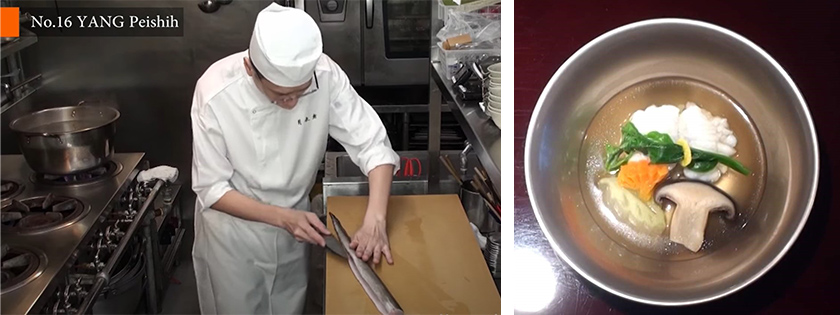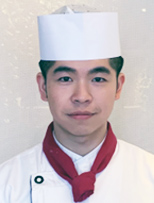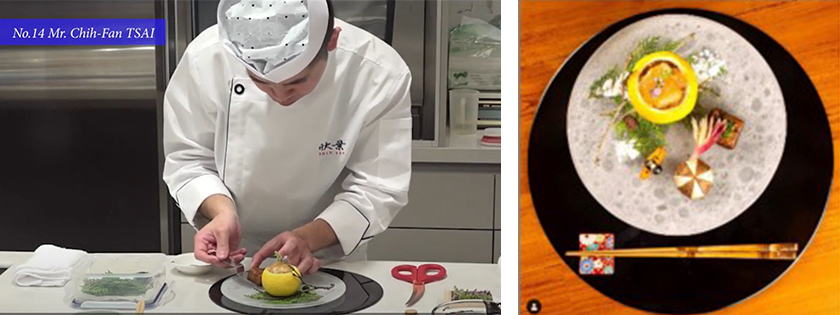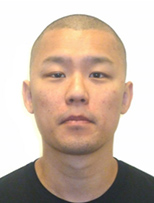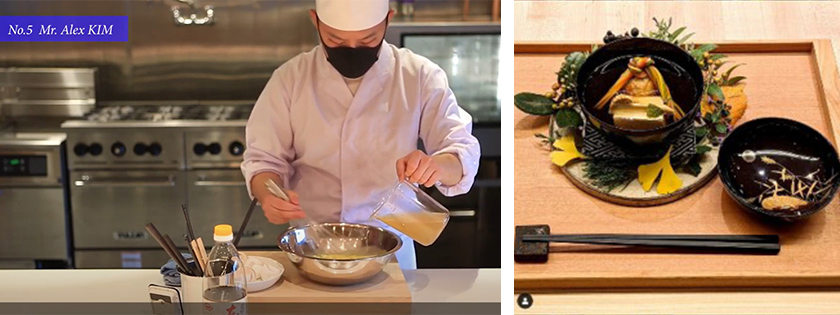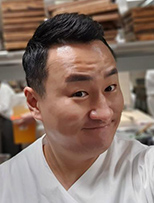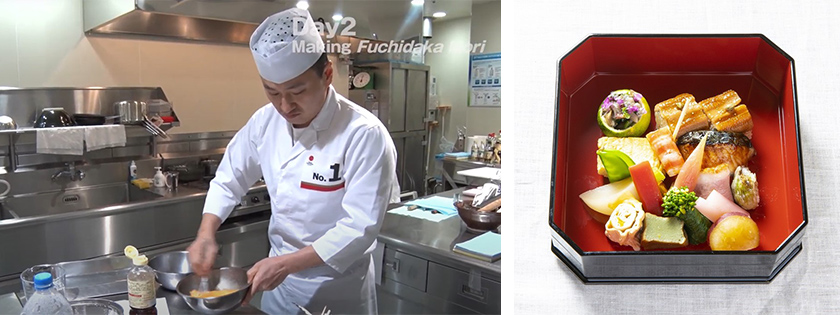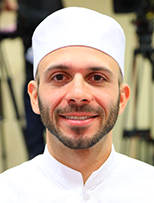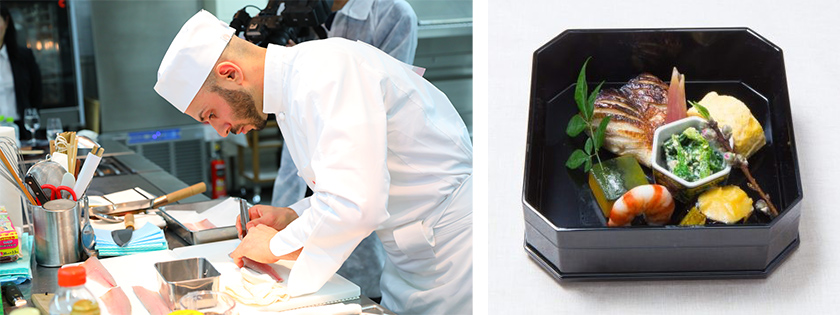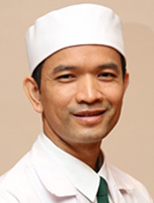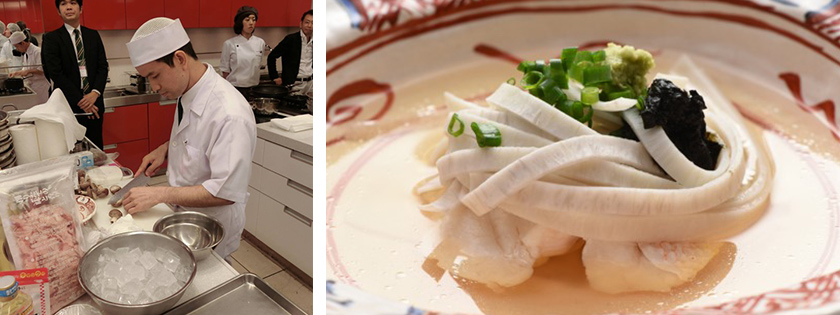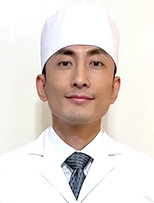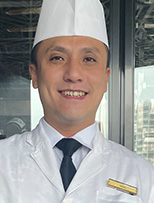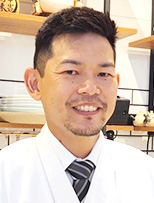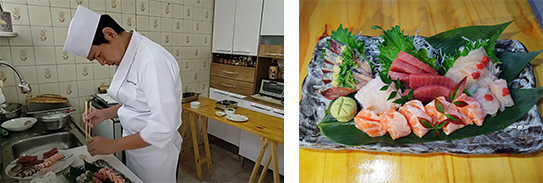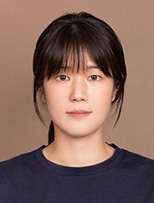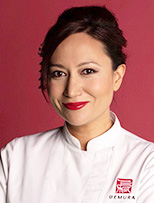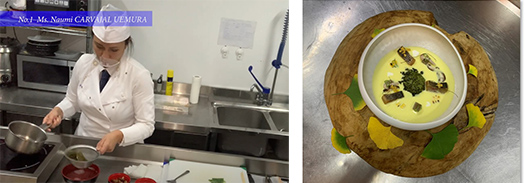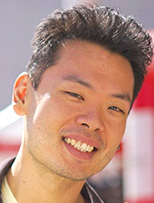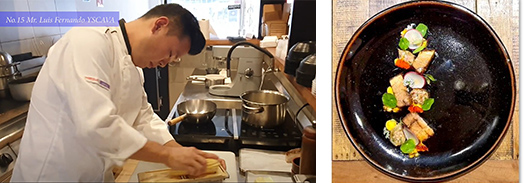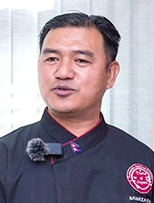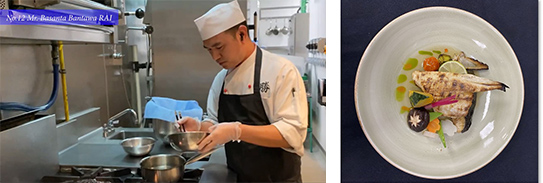This year, the Washoku World Challenge marks its 10th anniversary.
In this milestone year, we would like to look back to the past competitions and introduce the winners and finalists of the previous competitions, their passions and enthusiasms for the Washoku World Challenge and Japanese cuisine, as well as their messages to this year’s contestants.
History
The first Washoku World Challenge was held in 2013. Since then, this Japanese cuisine competition has been participated and competed earnestly by many non-Japanese chefs who were deeply interested in Japanese cuisine and who were eager to improve their knowledge and skills. The Washoku World Challenge has grown to be an competition where chefs passionate about Japanese cuisine communicate with one another and enjoy the opportunity to expand their networks and expertise.
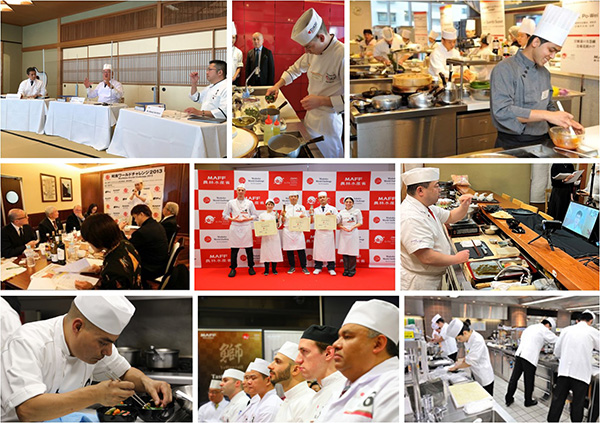
See more past competitions
The 1st Competition
Theme: “Sharing Healthy Food with the World”
Number of Entries: 65 applicants, 106 dishes (21 countries and regions)
Instructors at Japanese cooking schools examined the applications for the document screening and recreated the menus based on the submitted cooking recipes for the tasting examination. Ten applicants selected through these screenings obtained the opportunity to compete in the final tournament held in Tokyo. In the final tournament, the contestants prepared dishes using their submitted recipes and competed for the Grand Prize.
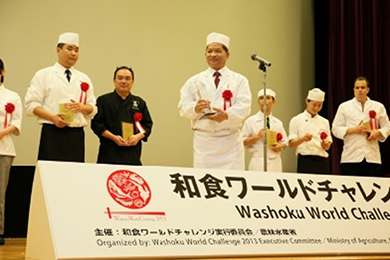
The 2nd Competition
Theme: “Bringing Washoku to the World”
Number of Entries: 83 applicants, 110 dishes (27 countries and regions)
Twenty applicants passed the first stage, document screening and competed in the second stage screening, taste testing. Ten finalists selected in the tasting examination were invited to Kyoto for the final tournament. In the final tournament, the finalists prepared their original dishes according to their recipes submitted with the applications, and the top three winners were determined. The awards were presented in the Washoku Symposium held on the following day, and the Gold Prize winner demonstrated his culinary skills.
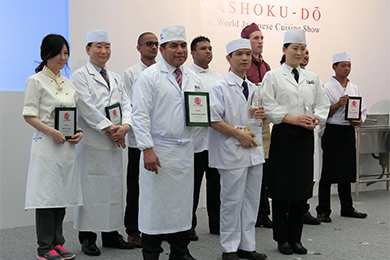
The 3rd Competition
Theme: “Promote Japanese cuisine to the world”.
Number of Entries: 52 dishes (13 countries and regions).
Twenty applicants passed the first stage, document screening and competed in the second stage screening, taste testing. Ten finalists selected in the tasting examination were invited to Tokyo for the final tournament. In the final tournament, the finalists prepared the assigned dishes for the examination of their basic Japanese cooking skills and also cooked their original dishes. Then, the winners of the best award, creative cooking award, etc. were determined.
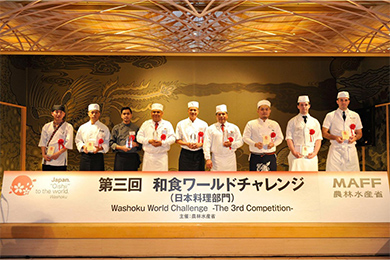
The 4th Competition
Theme: “Ichiju Issai (One bowl of rice, one bowl of soup, and one dish)”
Number of Entries: 105 applicants, 205 dishes (26 countries and regions)
Twenty-three applicants passed the first stage, document screening and competed in the second stage screening, taste testing. The ten finalists selected in the tasting examination were invited to the final tournament held in Tokyo. In the final tournament, the contestants prepared the assigned dishes (Donabe gohan (Earthenware pot rice) and Aji-no tsumire-no misoshiru (Horse mackerel fishball miso soup)) and their original dishes. The top three contestants received the awards.
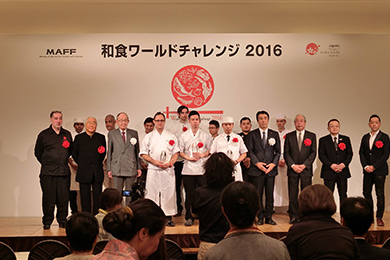
The 5th Competition
Theme: “UMAMI” (Common theme in the fifth and subsequent competitions)
Number of Entries: 82 applicants (23 countries and regions)
The qualifying tournaments for the applicants who passed the document screening were held in six cities worldwide (London, New York, Los Angeles, Bangkok, Hong Kong and Tokyo). In the qualifying tournaments, the contestants tackled the assignments for the evaluation of their basic knife skills and prepared the assigned dish (suimono) according to their submitted recipe. A total of six finalists of the qualifying tournaments participated in the final tournament held in Tokyo. They cooked the assigned dish (New Year’s Nimonowan) using the same specified ingredients and also prepared the assigned dish (Fuchidaka Mori dish) according to their submitted recipe. The top three finalists received the awards.
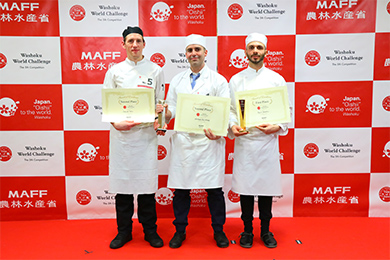
The 6th Competition
Theme: “IRODORI (coloration)”
Number of Entries: 65 applicants (23 countries and regions)
The qualifying tournaments for the applicants who passed the document screening were held in five cities worldwide (Paris, New York, Los Angeles, Bangkok and Osaka). In the qualifying tournaments, the contestants tackled the assignments for the evaluation of their basic knife skills and prepared the assigned dish (Nimonowan) according to their submitted recipe. A total of six finalists of the qualifying tournaments participated in the final tournament held in Tokyo. They cooked the assigned dish (Winter nimonowan) using the same specified ingredients and also prepared the assigned dish (Fuchidaka Mori dish) according to their submitted recipe. The top three finalists received the awards.
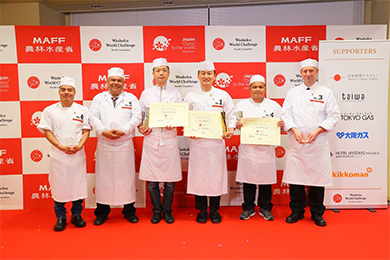
The 7th Competition
Theme: “Texture and Mouthfeel”
Number of Entries: 83 applicants (16 countries and regions)
The qualifying tournaments for the applicants who passed the document screening were held in six cities worldwide (Hong Kong, Singapore, Paris, New York, Las Vegas and San Sebastian). The six finalists of the qualifying tournaments participated in the final tournament held in Tokyo. In the final tournament, the contestants cooked the assigned dish (Nimonowan) using the same ingredients and prepared appetizers (Hangetsubon Mori dish) according to their submitted original recipe. The top three finalists received the awards.
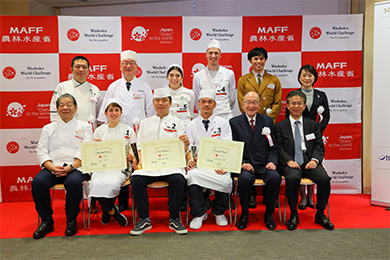
The 8th Competition
Theme: “My Japanese Cuisine”
Number of Entries: 199 applicants (41 countries and regions)
Due to the COVID-19 pandemic, the 8th Washoku World Challenge was held online. Fifteen participants were selected through the first stage, paper screening, and six finalists were chosen through the second stage, video screening based on cooking videos. The finalists received private online lessons from top Japanese chefs.
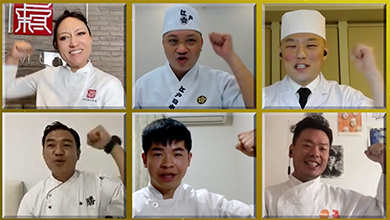
The 9th Competition
Theme: “Goho – Five methods”
Number of Entries: 150 applicants (39 countries and regions)
Due to the COVID-19 pandemic, the 9th Washoku World Challenge was held online again same as the previous competition. Sixteen participants were selected through the first stage, document screening, and six finalists were chosen through the second stage screening based on cooking videos. The finalists received one-to-one special online lessons from top Japanese chefs. These lessons were live-streamed on YouTube.
